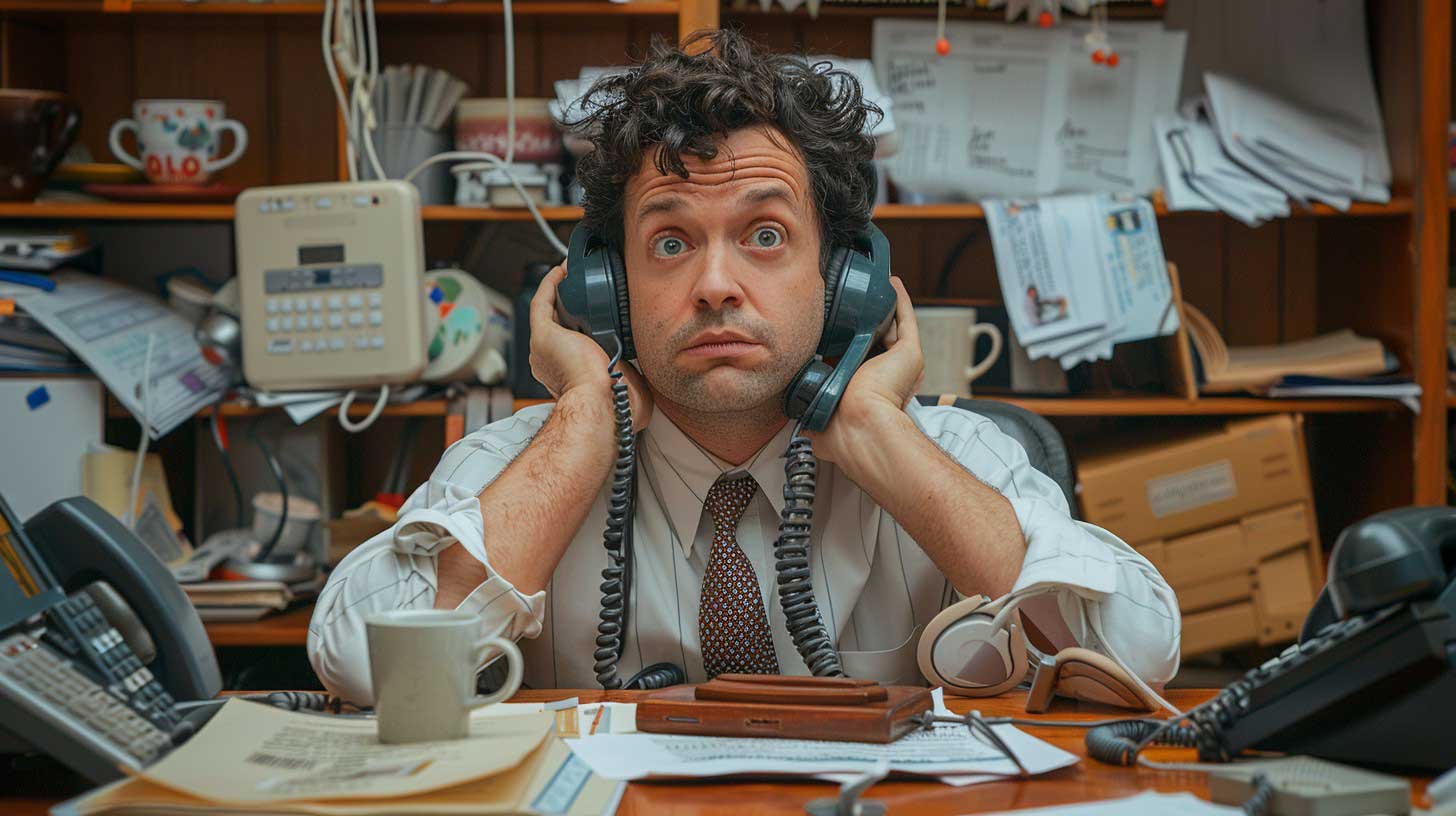Mental Health Awareness: Strategies for Managing Anxiety and Depression
Anxiety and depression are two mental health conditions that afflict a considerable chunk of the population. Mental health is one of the aspects that is grossly affected in today’s fast-paced world. Luckily, there are developed means to not only treat anxiety and depression but to prevent it as well. If these techniques are understood and appropriately applied, one’s quality of life along with the overall wellness can be drastically improved.
Understanding Anxiety and Depression
A major part of those suffering from an anxiety disorder suffer from excessive worry or nervousness, otherwise known as anxiety. People often have anxiety attacks that are way too overpowering for the body and can cause a drastic increase in heart rate, excessive sweating and even trembling. The most popular forms of anxiety include GAD (Generalized anxiety disorder), PANIC, and social anxiety disorders.
People suffering from depression often feel sad, helpless and hopeless and lack interest in the activities that once brought them joy which in turn adds to the vicious cycle of depression. Common symptoms include a change in the firmness of appetite, unusual sleeping and fatigue without engaging in physical activities.
Strategies for Managing Anxiety
- Undertake Mindfulness and Mediation
- If one wants to meditate on good thoughts, it is important for one to be focused in the present and remember to concentrate on the details. There are then possibilities of physiological interventions such as taking deep breaths or progressive muscle relaxation that can help. But at the same time, there are many applications available for mobile phones that can also be tuned to help meditate
- Stay Active
- Regular physical activity is associated with the release of endorphins which improves a person’s mood. You should aim for a minimum of 30 minutes of moderate physical activity most days of the week. Walking, swimming, or yoga are low impact exercises that may yield good results.
- Cut Down on Caffeine and Alcohol
- Anxiety tends to be worsened if caffeine and alcohol is consumed. The reduction or cessation of consuming these substances is likely to make symptoms of mental health disorders better, especially anxiety disorder.
- Manage Your Day
- Implementing a consistent pattern in the schedule containing work, relaxation, and hobbies can add a feeling of control to an individual. Having a routine and incorporating new habits into that routine can be impactful.
- Talk to a Professional
- CBT is a technique that helps in changing a person’s behavior by providing coping mechanisms, and strategies to combat negative thoughts. Additionally, healthcare professionals can prescribe medication when required.
Help Yourself Cope With Depression
- Develop Trustworthy Relationships
- Support from friends, family, or other participants of a similar group can be helpful and gives a person a way to express his worries and avoid feeling lonely. Talking about one’s thoughts and feelings has a therapeutic impact.
- Set Realistic and Tiny Objectives
- When depressed, overcome a big feeling with simple tasks that seem impossible. Focus on the little things that you can achieve and value yourself for the small steps that you have taken.
- Take Part in Activities You Like
- Getting acquainted with hobbies and passion can curb the feeling of despondency. Working at relatively low levels of motivation and engaging in valued activities may improve one’s mood over time.
- Embrace A Healthy Lifestyle
- Sustain a proper diet plan and having appropriate sleep cycles is key to mental health. Balanced diet schedules and foods ensure overall body healthiness and emotional control.
- Think About Therapy and Psychotropic Medication
- Depression can be costly and seeking aids such as therapy may provide valuable information about the issue. While counseling without medication is highly beneficial, healthcare professionals may recommend taking antidepressant tablets aiming at correcting such chemical imbalances.
Further Recommendations for Both Anxiety and Depression
- Be Kind to Yourself: Imagine how Frustrating and stressful it is to suffer in silence living in a head that seems unsupportive. If you find it challenging, that's perfectly normal; ask for assistance.
- Learn Something: Lack of information concerning anxiety and depression is a common contributor of stereotypes. Such research allows people to deliberately advance their mental health in the future.
- Do Not Self-Medicate: Uncontrolled usage of medicinal drugs and alcohol only creates other issues and expands the existing ones, turning an already unpleasant situation even worse. Rather, get rid of the unfavorable habits or learn how to deal with them and visit specialists.
Conclusion
The treatment of depression and anxiety should be seen as a complex issue that should integrate personal wellness, professional help and lifestyle improvements. Incorporating mindfulness, living a more active life, and getting timely assistance will equip the person better in dealing with mental health issues. Most importantly, don’t face these challenges yourself – there is help out there, and things are going to get better if you have the right approach.
If you or anyone you know is anxious or depressed, consider contacting a mental health professional. The first step to getting control over one’s mental health can lend to a life filled with better satisfaction and harmony.
Explore: The Role of Stress in Illnesses and the Strategies to Control Stress



















